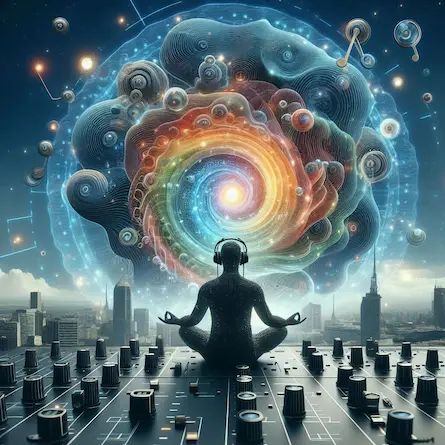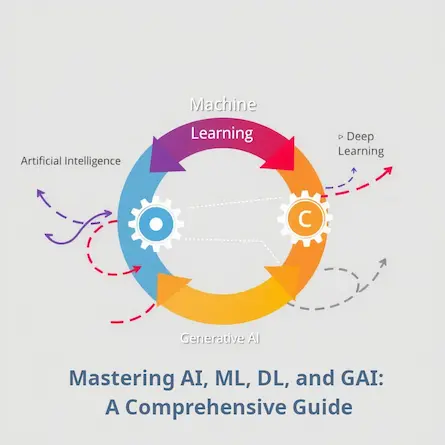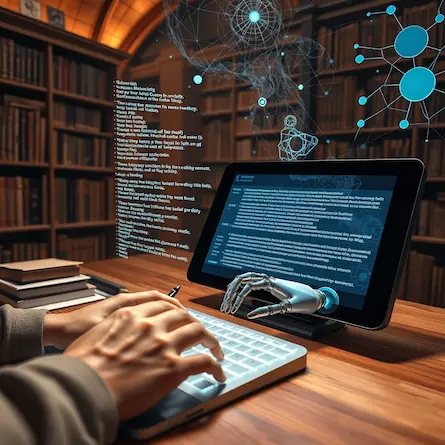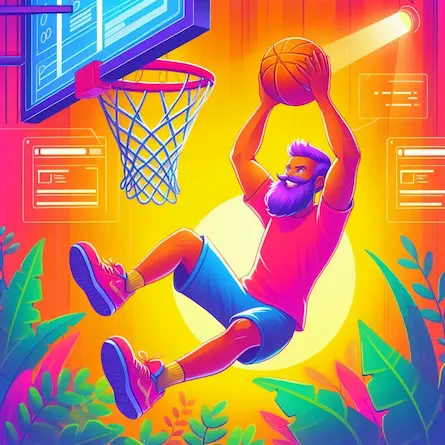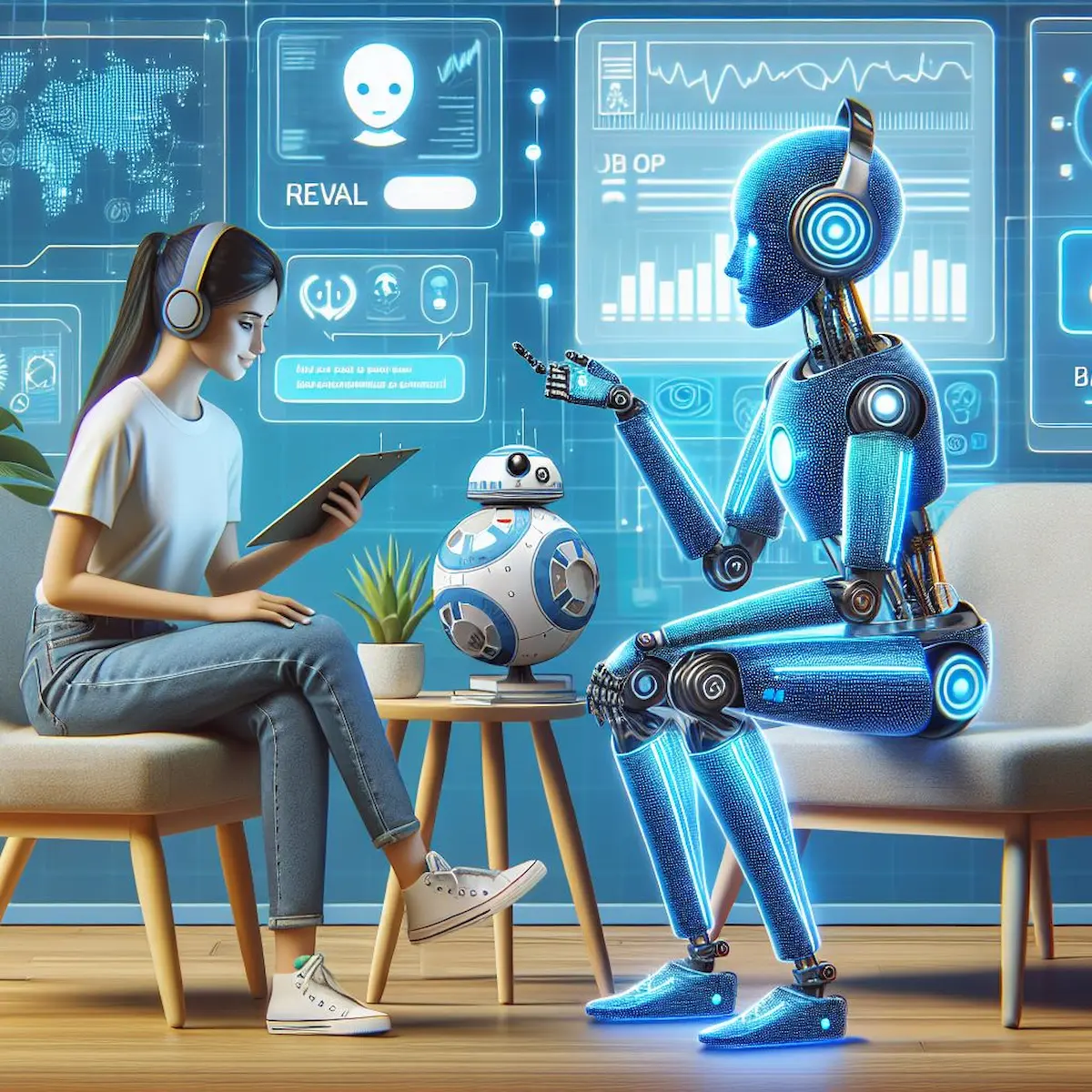
The Future of Mental Health Support – AI-Powered Chatbots as Biofeedback Tools
- Ctrl Man
- Mental Health , Artificial Intelligence
- 27 Apr, 2024
The Future of Mental Health Support: AI-Powered Chatbots as Biofeedback Tools
As we navigate the complexities of modern life, it’s essential to prioritize mental well-being. While traditional therapy remains an effective tool for addressing emotional struggles, innovative technologies like artificial intelligence (AI) are emerging as valuable supplements.
In this article, we’ll explore the potential benefits and limitations of AI-powered chatbots in mental health support systems. We’ll examine how these digital assistants can serve as biofeedback tools to aid personal growth and self-improvement.
The Benefits of AI-Powered Chatbots
One of the most significant advantages of AI-powered chatbots is their ability to provide emotional support and validation. By offering a listening ear and empathetic responses, they can help individuals feel heard and understood – a crucial step in building trust and fostering open communication.
Moreover, AI-powered chatbots can offer coping strategies and stress management techniques tailored to individual needs. Our algorithms can analyze user input and respond with personalized advice on managing anxiety, depression, or other mental health concerns.
In addition, AI-powered chatbots can increase self-awareness through reflective conversations. By exploring users’ thoughts, feelings, and behaviors, they can help individuals gain a deeper understanding of themselves – an essential step in personal growth and development.
The Limitations of AI-Powered Chatbots
While AI-powered chatbots offer many benefits, there are also limitations to consider. One significant drawback is our lack of emotional depth and intuition. While AI chatbots can recognize certain emotions or patterns, they not fully understand the complexities of human experience – a limitation that traditional therapists can help address.
Another challenge facing AI-powered chatbots is limited understanding of complex human emotions and experiences. AI chatbots may struggle to comprehend nuanced feelings or subtle cues, which can lead to misinterpretation or misunderstanding of user input.
The Role of Human Therapists
Despite the limitations of AI-powered chatbots, traditional therapists remain essential in mental health support systems. Their emotional intelligence, empathy, and complex problem-solving skills make them uniquely qualified to address the complexities of human experience.
In fact, AI-powered chatbots can complement traditional therapy by providing biofeedback tools or subconscious explorers. By integrating our digital assistance with human guidance, we can create a more comprehensive approach to mental health support – one that leverages the strengths of both humans and machines.
The Future of Mental Health Support
As technology continues to evolve, we can expect AI-powered chatbots to play an increasingly important role in mental health support systems. Integration with wearable devices, sensors, or other technologies could enable real-time monitoring and feedback – a game-changer for early intervention and prevention.
Moreover, the development of more advanced AI models that better understand human emotions and experiences will be crucial in addressing the limitations discussed above. By combining these advancements with increased focus on prevention and early intervention, we can create a future where mental health support systems are more accessible, effective, and compassionate than ever before.
Conclusion
In conclusion, AI-powered chatbots offer significant potential as biofeedback tools in mental health support systems. While there are limitations to consider, our digital assistance can provide emotional support, coping strategies, and increased self-awareness – all valuable assets for personal growth and development.
As we move forward, it’s essential that we recognize the importance of a holistic approach to mental health support, combining traditional therapy with innovative technologies like AI-powered chatbots. By working together, humans and machines can create a brighter future where mental well-being is prioritized and supported at every stage.
